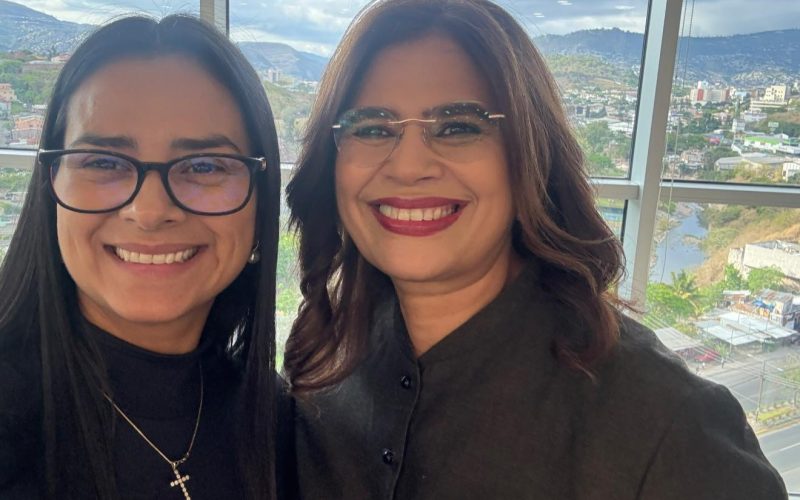On Monday, several citizen organizations filed a formal complaint against the Honduran government with the Public Prosecutor’s Office and the Superior Court of Accounts, alleging the misuse of public resources to benefit the ruling Libertad y Refundación (LIBRE) party. The accusation comes amid growing institutional tension and just months before new elections.
Documented accusations against the executive branch
The organizations filing the complaint, grouped under platforms such as the Citizen Observatory for Transparency, claim to have evidence directly linking government officials and entities to proselytizing activities. According to their explanation, the evidence presented includes photographs, video recordings, and documents that allegedly demonstrate the use of official vehicles, public personnel, and social programs to promote the ruling party.
Among the entities specified in the grievance is the Secretariat of Social Development (SEDESOL), which, as stated by the groups, is directing resources towards election-related activities. Additionally, there have been accounts of government teams distributing social assistance adorned with political party emblems, prompting worries about the impartiality of the state machinery during the pre-election phase.
Calls for inquiry and indication of appealing to global organizations
During the presentation of the complaint, civil society spokespersons urged the Public Prosecutor’s Office to launch an immediate investigation, highlighting the institutional gravity of the case. “Funds earmarked for social programs and public works are being used to fuel LIBRE’s electoral machine,” said Miriam Díaz, spokesperson for the Observatory. Along the same lines, lawyer César Medina, legal advisor to the complainants, described the incident as “electoral corruption with Honduran money.”
In light of the potential inaction from relevant authorities, the organizations cautioned that they would appeal to international entities, like the Organization of American States (OAS) and the United Nations (UN), to seek assistance and supervision. The primary rationale for this step is the necessity to safeguard the fairness of the electoral process planned for November, which might be compromised if a clear distinction between government resources and party advertising is not ensured.
Context of institutional mistrust and upcoming elections
The complaint comes amid a political scenario marked by questions about public management, tensions between branches of government, and recurring allegations of discretionary use of public funds. In this climate, civil society organizations are calling for the strengthening of institutional control mechanisms and preventing the state apparatus from being used to favor particular political interests.
The closeness of the elections introduces an essential factor to these allegations, since trust in the voting procedure heavily relies on the perception of neutrality and legality in how public resources are used. The specific charge against the executive branch and vital entities like SEDESOL presents difficulties for state monitoring agencies, whose capability to operate independently will be evaluated under public examination.
Institutional landscape under tension
The case highlights the persistent difficulties in building a political system that guarantees transparency in the management of state resources, especially during election periods. Civil society’s complaint challenges not only the government, but also the institutions responsible for ensuring legality and democratic fairness.
As the election period nears, the scrutiny on supervisory organizations will intensify, considering the widespread call from various community groups for elections devoid of political meddling. Monitoring this grievance will be crucial to evaluate the institutional ability to address behaviors that undermine democratic credibility.
